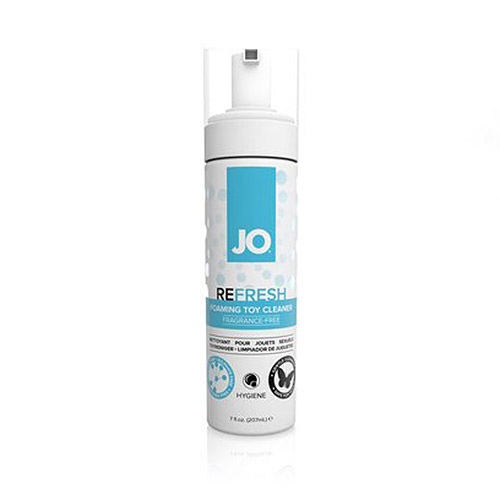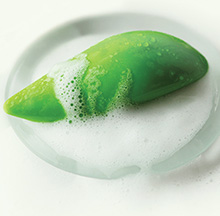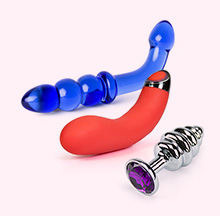I've always assumed the following were true, because it's generally regarded as common knowledge: isopropyl alcohol of a strength of 70% or higher can sterilize (if left on an item and allowed to evaporate) and bleach (like Clorox) in a solution with water at a ratio of 1:9 will similarly sterilize. Obviously this only pertains to non-porous materials.
But I've been reading and I keep encountering those who say that neither bleach nor rubbing alcohol are truly effective against all microbes (namely Hepatitis and even HIV). I have read in numerous places now that both of those viruses can survive bleach and rubbing alcohol, which makes me feel really uncomfortable recommending these methods.
Does anyone know for sure if this is true? Additionally, how do those of you that have stainless steel/aluminum toys that can be damaged by harsh chemicals go about sterilizing your materials? Dish washer? Boiling?
Thanks everyone. I just had a mini-freak-out because I started thinking I could potentially be doling out advice that allows for the communication of a deadly virus --all under the heading of "sex positivity" as well.
But I've been reading and I keep encountering those who say that neither bleach nor rubbing alcohol are truly effective against all microbes (namely Hepatitis and even HIV). I have read in numerous places now that both of those viruses can survive bleach and rubbing alcohol, which makes me feel really uncomfortable recommending these methods.
Does anyone know for sure if this is true? Additionally, how do those of you that have stainless steel/aluminum toys that can be damaged by harsh chemicals go about sterilizing your materials? Dish washer? Boiling?
Thanks everyone. I just had a mini-freak-out because I started thinking I could potentially be doling out advice that allows for the communication of a deadly virus --all under the heading of "sex positivity" as well.















